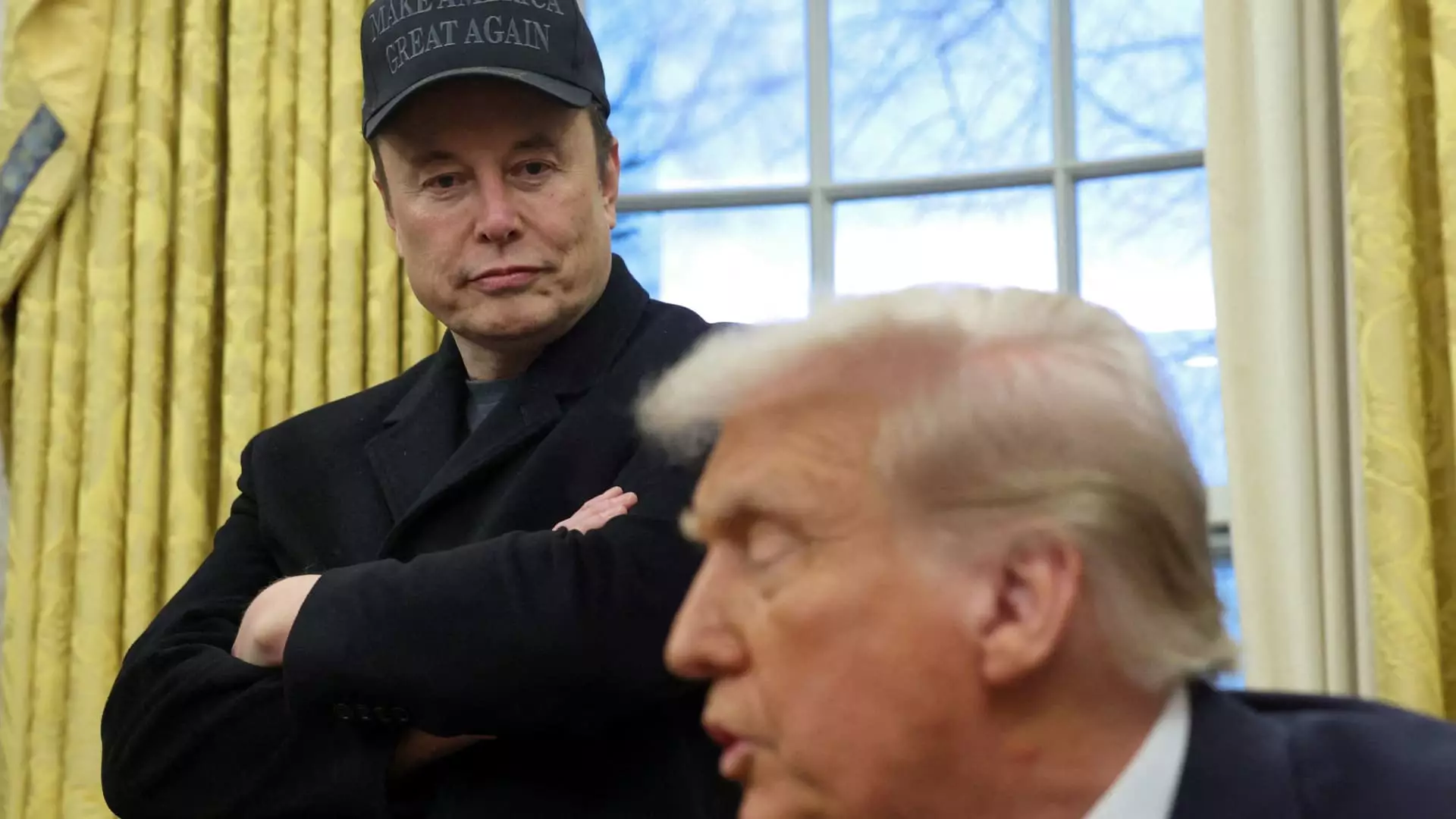In a striking move that underscores the ongoing tensions between social media, government authority, and free speech, Trump Media and the conservative video platform Rumble have initiated a lawsuit against Brazilian Supreme Court Justice Alexandre de Moraes. The case, which was filed in a federal court in Tampa, Florida, raises critical questions about the enforcement of rights across international borders, the nature of content moderation, and the implications of judicial authority in digital communication.
The lawsuit is rooted in allegations against Justice de Moraes concerning unwarranted censorship of a prominent user on Rumble. According to Trump Media, his orders to suspend this user’s U.S.-based accounts violate principles of free speech protected under U.S. law. The complaint emphasizes the interconnectedness of Trump Media’s platform, Truth Social, and Rumble’s infrastructure. If Rumble were to cease operations, the ramifications would extend to Truth Social, threatening its vitality and content delivery capabilities. The implications of this legal action stretch beyond merely protecting an individual user—it embarks on a broader mission to uphold the foundational American commitment to open dialogue in a time when that commitment faces numerous challenges.
Notably, this legal development occurs amid turbulent political circumstances in Brazil, particularly following the recent charges against former President Jair Bolsonaro concerning an alleged coup attempt. Bolsonaro’s actions, which included frantic efforts to maintain power post-election, further contextualize the animosity toward figures like de Moraes, suggesting that this case is emblematic of a larger struggle for power between established government institutions and dissenting voices. Furthermore, the lawsuit draws clear lines of defense, proclaiming that neither foreign legal dictates nor judicial overreach can infringe upon the liberties safeguarded by the U.S. Constitution.
A significant aspect of this confrontation is the intersection of technology and governmental authority. The legal skirmish traces its roots back to a turbulent engagement between Justice de Moraes and Elon Musk, whose platform X was previously suspended in Brazil due to non-compliance with local regulations. Musk’s defiance has triggered a series of retaliatory actions, including the immobilization of X’s bank accounts within the country. This scenario raises the pertinent issue of the growing influence that tech moguls wield in the political arena, alongside the scrutiny they face from regulatory entities worldwide.
Devin Nunes, the CEO of Trump Media, has publicly asserted the company’s unwavering allegiance to free expression. This assertion embodies not just a corporate motto but a mission statement that entrenches the idea that social media platforms should serve as bastions of dissent and dynamic debate. The lawsuit appears strategically positioned to reestablish these ideals, particularly against the backdrop of mounting legal and administrative hurdles faced by Trump Media.
Moreover, in a landscape where legal expenses are ballooning—a consequence of navigating complex regulatory frameworks and an extended merger process—Trump Media’s lawsuit against de Moraes indicates an essential pivot towards proactive legal action aimed at safeguarding its operational capacity and corporate integrity. Such maneuvers are pivotal in an increasingly competitive digital market where user engagement is paramount.
As the case unfolds, it will likely serve as a litmus test for the extent to which U.S. law can safeguard online expression against foreign judicial actions. The legal debates surrounding free speech and regulatory compliance will inevitably shape the future of international digital communication, illuminating the delicate balance between protecting public discourse and respecting judicial authority. This lawsuit not only highlights the complexities of international relations in the digital age but also underscores the indispensable value of free speech that transcends borders—a principle all too crucial in today’s globalized world. As the legal confrontation advances, observers will keenly watch its ramifications for the operations of Trump Media, Rumble, and, by extension, the rights of digital users across the globe.


Leave a Reply